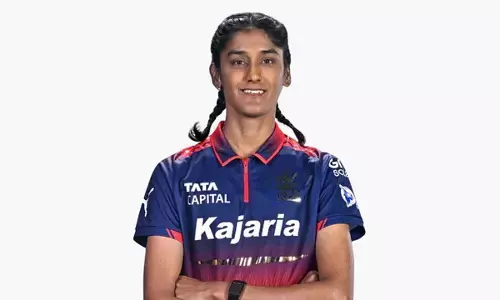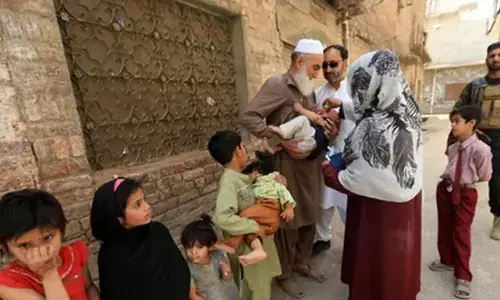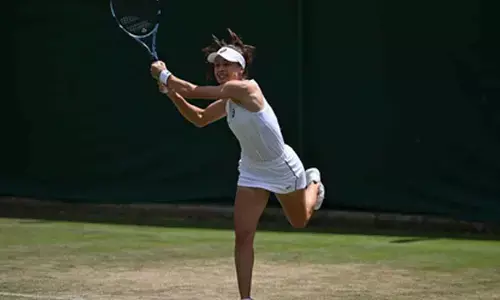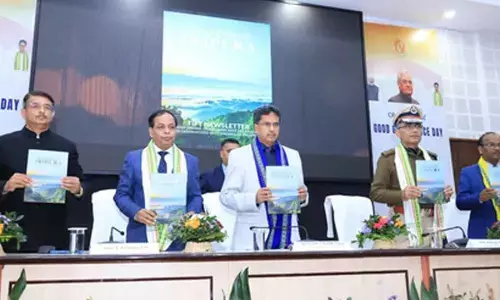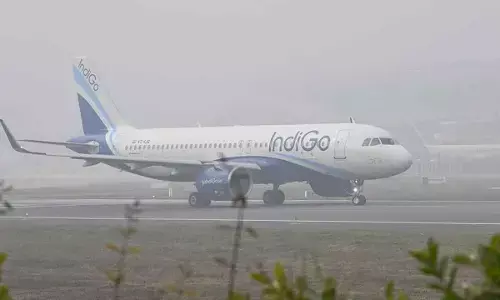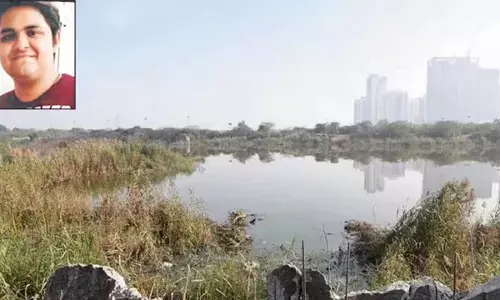Why no Muslim in Naidu cabinet?
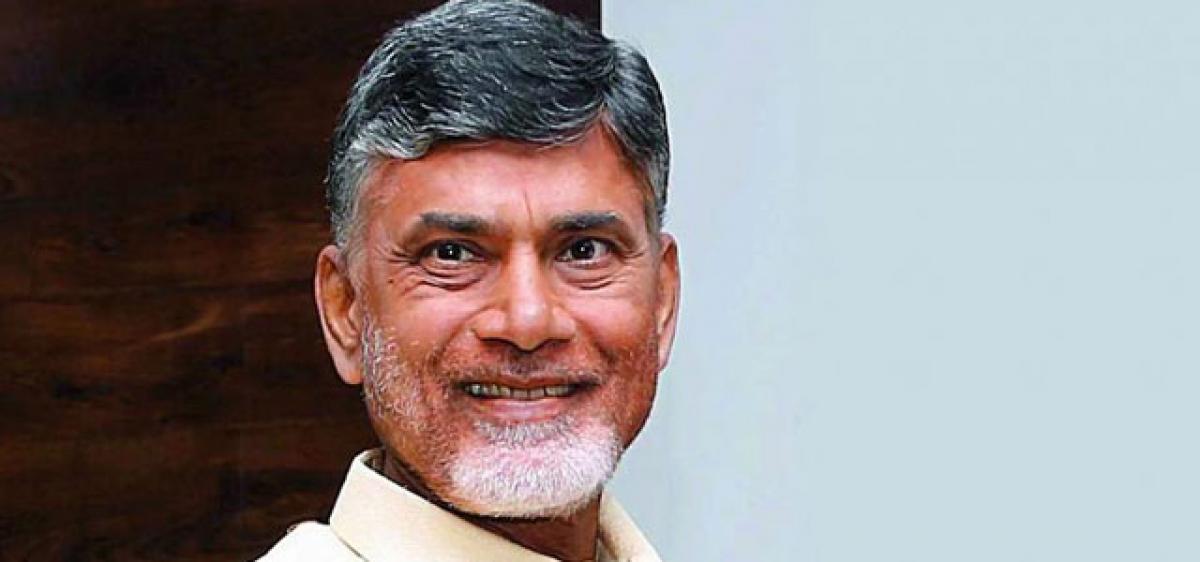
The cabinet expansion in the TDP government became a reality in Andhra Pradesh a few days ago after a long wait. It has taken the number in the Chief Minister N Chandrababu Naidu’s council of ministers to 26 from 21. But Naidu’s exercise failed to accommodate Muslim minorities, keeping the political analysts brooding over the hidden equations and calculations.
Does denial of political representation to Muslims indicate the changing secular face of Naidu after he began sailing with the BJP? Did he exclude Muslims hoping for consolidation of the Hindu majority vote in his favour as it happened in favour of BJP in Uttar Pradesh in the recent Assembly election? As a shrewd politician, Naidu might have kept Muslims out of his cabinet after failing to tap their votes in 2014 General Elections
The cabinet expansion in the TDP government became a reality in Andhra Pradesh a few days ago after a long wait. It has taken the number in the Chief Minister N Chandrababu Naidu’s council of ministers to 26 from 21. But Naidu’s exercise failed to accommodate Muslim minorities, keeping the political analysts brooding over the hidden equations and calculations.
Muslims constituted 8.93 per cent of the total population in the undivided state as per the 2011 census and it came down to around 7 per cent in the successor state post-bifurcation. Although TDP founder N T Rama Rao patronised Muslims by giving them their due share in distribution of tickets during the elections, they shifted to Congress later with the successive Chief Minister YS Rajasekhara Reddy doling out 4 per cent reservations.
The YSR largesse turned to be a windfall for the YSRC headed by his son in 2014 elections as it garnered around 70 per cent of votes from this religious minority group, leaving the rival TDP high and dry. The YSRC gained four seats, in turn. In fact, the TDP did not give ticket to anyone from the Muslim minorities during the election in spite of its promise of 14 seats.
Does denial of political representation to Muslims indicate the changing secular face of Naidu after he began sailing with the BJP? Did he opt Muslims out hoping for consolidation of the Hindu majority vote in his favour as it happened in favour of BJP in Uttar Pradesh in the recent Assembly election?
KC Suri, a poll analyst and expert in public policy from Hyderabad Central University, observes that there is a constant shift in the voting behaviour of the Muslim minorities towards the TDP over a period of time and it was glaringly revealed in the 2014 general elections. As a shrewd politician Naidu might have kept Muslims out of his cabinet after failing to tap their votes.
According to a senior TDP leader, lack of vocal voices, poor bargaining skills and religious community remaining unorganised could be the reasons, among others, for their deprivation of political representation. It was a different case during the undivided state as the MIM continued to be a champion of the interests of Muslim minorities and a pressure group for the other mainstream parties also in delegating political power.
A section of political observers view the exclusion of Muslims as a calculated move of Naidu to check the incursion of his ally BJP into certain non-Muslim segments by wedging the Hindu-Muslim divide. Wooing the Brahmins by establishing a corporation for the community, restoration of hereditary rights over temple rites to priests and turning the river festivals of Godavari and the Krishna pushkaras as State festivals are cited as a case in defence of this argument.
In fact, NTR, Naidu’s mentor, scrapped the hereditary rights of priests by following the recommendations of the Justice Challa Kondaiah Commission in 1987. The TDP has been sailing with the BJP since 1998 by supporting the AB Vajpayee government at the Centre. But the relationship continues to be blowing hot and cold.
Even as the NDA government’s attitude towards Special Category Status (SCS) and several bifurcation-related promises remained a thorn in the TDP’s flesh, the BJP, buoyed by stunning electoral gains in the north, has nursed ambitions to grow independently in the south where it heavily depends on allies as of now.
Madigas, who have been with TDP since 1985, are now up for grabs by the BJP. Union Urban Development Minister M Venkaiah Naidu is out to woo Madigas with a promise of realisation of the SC categorisation. A bill seeking SC categorisation has been pending in the Parliament for some time and Naidu promised Krishna Madiga of the Madiga Reservation Porata Samithi on the passage of the bill with the strength of his party in the House.
Setting aside politics revolving around exclusion of Muslims from political participation, the religious community is regarded as worse than the Scheduled Castes (SCs) in terms of development by the Rajinder Sachar Committee. Muslims are geographically located in AP in such a manner that they are largely populated in Rayalaseema and coastal region up to Nellore, Prakasam and Guntur districts.
Their presence is nominal in Uttarandhra and central coastal region comprising East and West Godavari districts. With poor literacy levels, Muslims are located in vocational trades and petty business like meat vending.
By G.Nagaraja
Amaravati Musings








